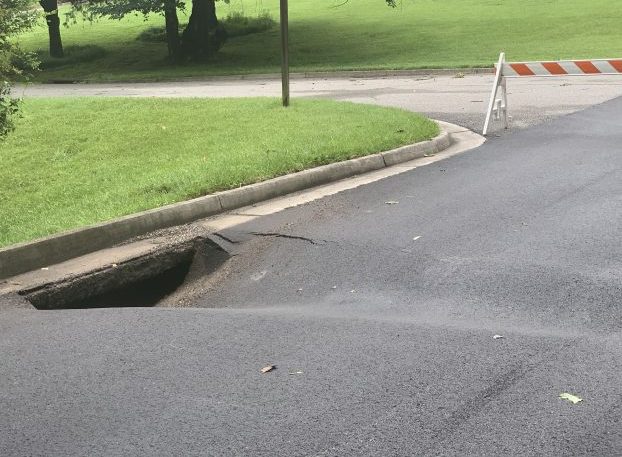We need big ideas to expand broadband
Published 6:00 am Tuesday, December 1, 2020
|
Getting your Trinity Audio player ready...
|
In the past year we have seen lots of grant money flow into local governments earmarked for increasing broadband access.
But how do local governments actually use that money when it is the internet providers who build out the system and control who has access? Are new residents getting access to broadband with the help of this grant money? Can the people who have access afford the additional monthly bill to have the convenience of broadband in their homes? These are questions we have not been able to adequately answer yet.
The latest grant of CARES money to five counties in the area brought a total of $500,000 for broadband, but the release stated the money would be used to strengthen networks where broadband was currently located and give internet service providers (ISPs)better access to bandwidth to service current customers. The money is not to connect new customers. So, in essence, the rich get richer, and those without keep doing without.
Trending
That is a problem.
How are we going to help the families that live off the path of broadband and have no access to reliable internet?
This does not seem to be a problem that can be solved by private companies. These companies have no incentive to run miles of lines to reach remote residents who may or may not be viable, long-term broadband customers. Governments need to be more involved to ensure every taxpayer who partially funds these grants has access to what has become a necessary service.
It’s a tall task, but it can be done. We have seen towns build electrical companies and cable systems in the past. The City of Hopewell in Prince George County has attacked this issue head on and has come up with an innovative solution.
The city of 22,000 received a grant of $3.9 million out of the same grant pool from which the Commonwealth Regional Council (CRC) received a total of just $502,000 for five counties. That gives an idea that the money the CRC received, which is just $85,000 per county, is not near enough to make substantial change.
Hopewell plans to set up its own broadband Wi-Fi service. The plan is to target areas of subsidized and affordable housing communities first, meaning those who need the service, but are least likely to be able to afford it, will benefit most.
Trending
The Wi-Fi network is expected to reach more than 1,600 homes in seven subsidized and unsubsidized areas. The network is the beginnings of a plan to make Hopewell a digital city and is expected to saturate the city enough with broadband that it will also speed up information to emergency personnel.
These are the ideas we need to see from our local governments to help expand this critical service. If we just sit back and wait for the ISPs to expand broadband when it makes economic sense to them, we will be waiting a long time.
Hopewell has taken the necessary step to elevate broadband to the status of a public utility as crucial as electricity or water and sewer. Our local officials need to take similar initiative and come up with a plan that helps increase broadband access to those who need it most.
ROGER WATSON is editor of The Farmville Herald and Farmville Newsmedia LLC. His email address is Roger.Watson@FarmvilleHerald.com.





